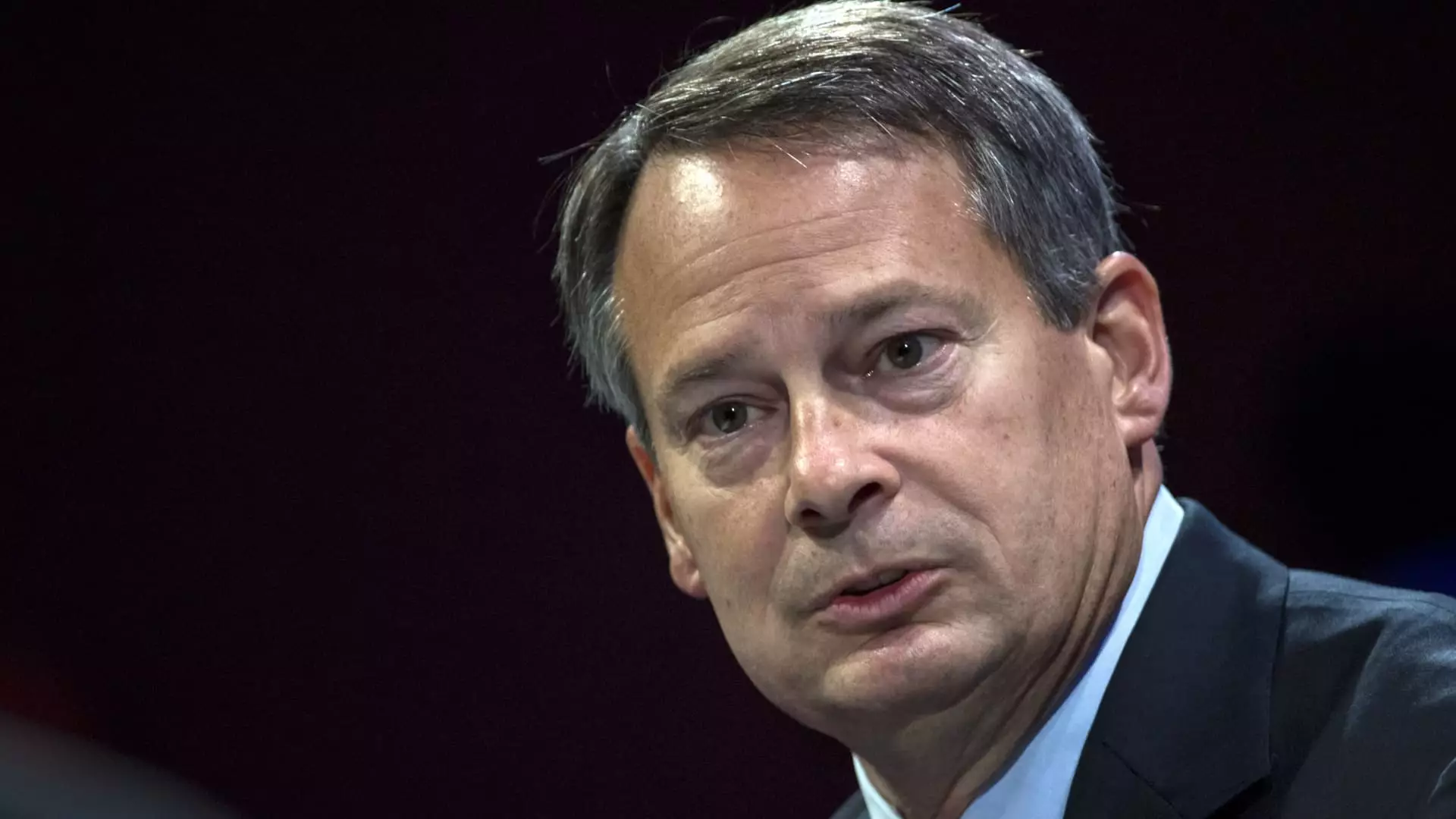Walt Bettinger, the long-standing CEO of Charles Schwab, has announced his impending retirement effective at the conclusion of December 2024. Having dedicated 16 years to steering the brokerage titan, Bettinger leaves behind a robust legacy characterized by dramatic growth and transformative strategies. His tenure has been marked by a remarkable expansion in client assets, which soared from $1.14 trillion in 2008 to an impressive $9.74 trillion today, alongside an increase in brokerage accounts from under 10 million to over 43 million.
Bettinger’s decision to retire stems from multiple factors, including his forthcoming 65th birthday and a desire to pass the baton to his successor in what appears to be a carefully orchestrated succession plan. In this vein, Rick Wurster, currently the President of Charles Schwab, has been appointed to take over the CEO role effective January 1, 2025. This strategic transition showcases Schwab’s commitment to stability and continuity right from its top leadership.
Wurster’s ascension to CEO brings with it a sense of reassurance, as he and Bettinger have worked closely together for more than eight years. His confidence in Wurster’s capabilities indicates a smooth continuity in the firm’s operational strategies. In a recent interview on CNBC, Wurster noted that clients should not expect immediate shifts in the company’s strategic focus. Instead, the commitment to “deliver for our clients and delight them,” remains steadfast, indicating a dedication to maintaining customer-centric operational approaches.
As a prominent figure in the financial industry, Bettinger’s track record has been impressive, yet it has not come without challenges. The market fluctuations during his initial days as CEO coincided with the 2008 financial crisis, a period notable for severe volatility. Bettinger openly acknowledged the staggering situation in which he found himself, noting the stark contrast of his entry into leadership during a market downturn, and referencing the 150% increase in Schwab’s stock price over his tenure. However, it is important to note that recent years have seen Schwab’s stock performance lag behind broader market trends, indicating that the path forward will not be without hurdles.
With the integration of TD Ameritrade finalized earlier this year, Bettinger posits that this successful merger serves as a timely moment to step down. The acquisition, which was pivotal in enhancing Schwab’s market posture, underscores the importance of adaptive strategy in an ever-evolving financial landscape.
As Charles Schwab approaches this leadership transition, it stands on a foundation of significant achievements. However, the exercise of examining stock performance vis-à-vis broader market indicators raises questions about future competitive strategies under Wurster’s leadership. The trajectory that Charles Schwab takes will depend on how effectively the new CEO can steer the firm in an increasingly competitive environment while upholding the client satisfaction ethos that has been central to its success.
As he steps down, Bettinger departs with an impressive record, yet the new leadership era initiated by Wurster promises to bring both continuity and potential innovation in strategy, shaping the future of Charles Schwab in the years to come. The eyes of the financial community will undoubtedly be watching closely as this transition unfolds and as Schwab navigates its next chapter.

